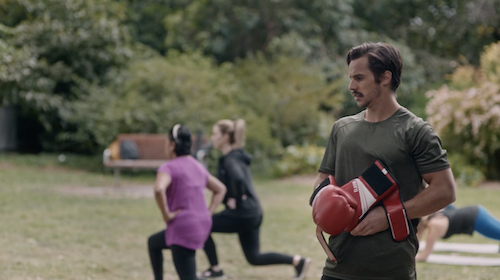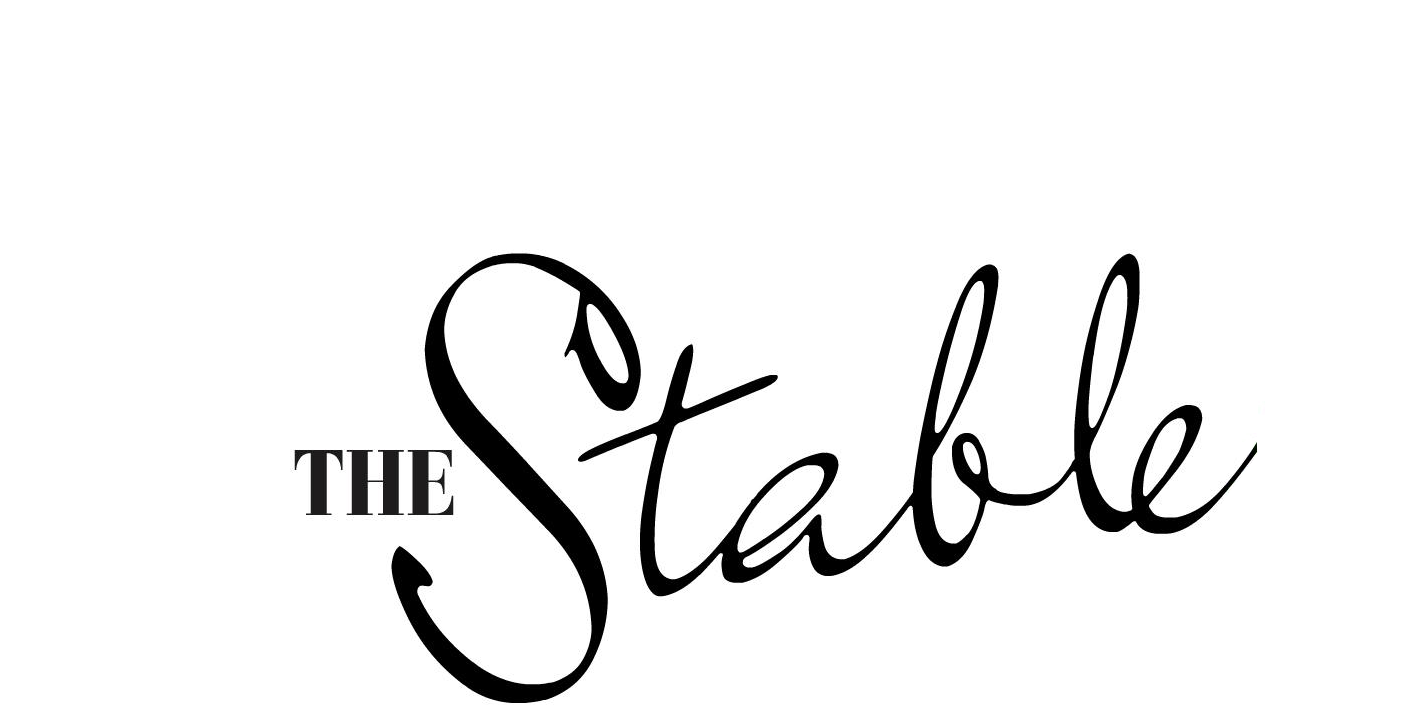After women all over Australia took to the streets last month to march for justice and to end violence against women, the need for men to play a more significant role in challenging disrespect towards women is greater than ever.
The biggest problem is that disrespect is deeply ingrained in society in nuances as much as in grand statements like unequal pay and sexual violence statistics (almost 2 million adult women in Australia have experienced an incident of sexual violence since the age of 15; just 10% of reported cases result in a conviction).
Research from Our Watch found that 75% of Australians want practical advice on how to respond to casual sexism without being perceived as a party pooper and that only 14% of Australians felt confident in calling out disrespect towards women. Research also shows that society’s expectation of ‘what it is to be a man’ based on ideas of dominance, control, aggression, and disrespect towards women contribute to violence against women.
To answer this Our Watch and Thinkerbell have released a new series of commercials to encourage men to do something when they witness sexist behaviour as part of its national Doing Nothing Does Harm campaign.
The campaign features common scenarios where male bystanders witness women being talked down to, degraded, or objectified by other men. Using a time slider, the spots show the difference between men doing nothing in such a situation vs. taking positive action, highlighting the moment of regret when you don’t do something and educating the viewers on simple actions they can take when they find themselves in a similar situation.
The commercials will broadcast on Catch Up TV, YouTube and social media, supported by out of home executions in and around football stadiums.
The Doing Nothing Does Harm website provides a suite of options for how bystanders can ‘do something’, including how to show your disapproval with body language, ways to support women, and what to say if you want to speak up.
Our Watch chief executive officer, Patty Kinnersly, commented, “What came out strongly in the market testing for this iteration of the campaign was that men recognised that something was sexist but didn’t know what to do in response.
“There was also a feeling of regret for not knowing how to call out it out, this campaign shares a host of ways they can do something.”

When behaviours that make women feel uncomfortable, unsafe or treated unfairly go unchallenged it creates a culture in which violence against women is more likely. The campaign provides the tools and resources to show that individual men, and men as a group can help to change these behaviours and unequal structures by doing something when it comes to disrespect towards women.
“Violence against women exists on a continuum and it starts with disrespect towards women. Part of preventing this violence includes promoting the fact that there are many ways to be a man and addressing the role men play in their own lives to help change attitudes and behaviours for the better,” Kinnersly added.

















